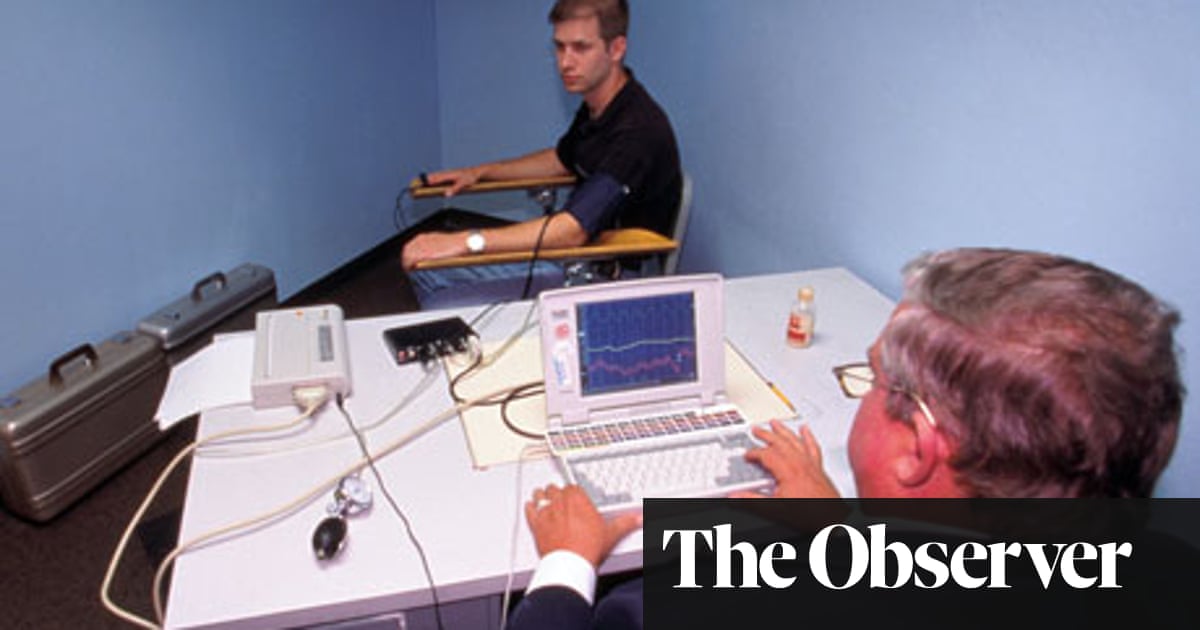Unmasking Deception: The Truth Behind Lie Detector Tests
Unmasking Deception: The Truth Behind Lie Detector Tests
Blog Article

In a world where truth and deception often dance a delicate tango, the lie detector test stands as a beacon of hope for uncovering the veiled reality. This seemingly magical device has been the subject of fascination and controversy, as it claims to peer into the depths of human honesty. However, beneath its flashy exterior lies a complex web of science and psychology, shrouded in mystery and intrigue.
The lie detector test, also known as a polygraph, hinges on the idea that physiological responses can betray our innermost truths. By measuring changes in bodily functions such as heart rate, blood pressure, and perspiration, the polygraph test aims to distinguish the whispers of deception from the symphony of truth. But how reliable and accurate are these measurements in unraveling the enigma of human deceit? Join us on a journey to unmask the deception and uncover the truth behind the elusive lie detector test.
History of Lie Detector Tests
Lie detector exam
Lie detector tests, commonly known as polygraphs, have a history dating back to the early 20th century. The first polygraph machine was developed by John Augustus Larson, a physiologist, and police officer Leonarde Keeler in the 1920s. Larson's creation marked the beginning of using physiological responses to detect deception.
Over the years, lie detector tests gained popularity in criminal investigations and screenings for sensitive security positions. The technology behind polygraphs continued to evolve, incorporating advanced sensors to measure changes in blood pressure, pulse rate, respiration, and skin conductivity. This enhanced accuracy and reliability in detecting signs of deception.
Despite their widespread use, lie detector tests have faced criticism regarding their accuracy and effectiveness in determining truthfulness. Many experts argue that these tests can be influenced by various factors, such as the examinee's anxiety levels, mental state, and even the skills of the examiner conducting the test.
How Lie Detector Tests Work
Lie detector tests, also known as polygraph tests, operate on the principle that a person's physiological responses can indicate deception. The test measures various physiological indicators such as heart rate, blood pressure, respiration, and skin conductivity to assess the subject's truthfulness.
During a lie detector test, the subject is asked a series of questions by the examiner while sensors attached to the subject's body monitor their physiological changes. The examiner analyzes the data collected from the sensors to determine if there are significant variations in the subject's physiological responses, which might indicate deceptive behavior.
While lie detector tests are widely used in some settings such as law enforcement and employment screenings, their accuracy and reliability have been a subject of debate. Critics argue that factors such as stress, anxiety, and other psychological factors can influence the test results, leading to potential inaccuracies in detecting deception.
Limitations and Controversies
Lie detector tests have been criticized for their limited accuracy in detecting deception. Critics argue that these tests can be influenced by various factors such as the emotional state of the individual being tested, cultural differences, and the skills of the examiner conducting the test.
Another controversy surrounding lie detector tests is the issue of false positives and false negatives. False positives occur when the test indicates deception even though the person is telling the truth, while false negatives happen when the test fails to detect deception when a person is actually lying. This highlights the inherent unreliability of such tests in certain situations.
Furthermore, the use of lie detector tests in legal settings has been a topic of debate. While some consider them to be useful tools in investigations, others argue that their results may not always be admissible in court due to their questionable accuracy. As a result, the admissibility and reliability of lie detector tests continue to be contentious issues in the legal realm.
Report this page